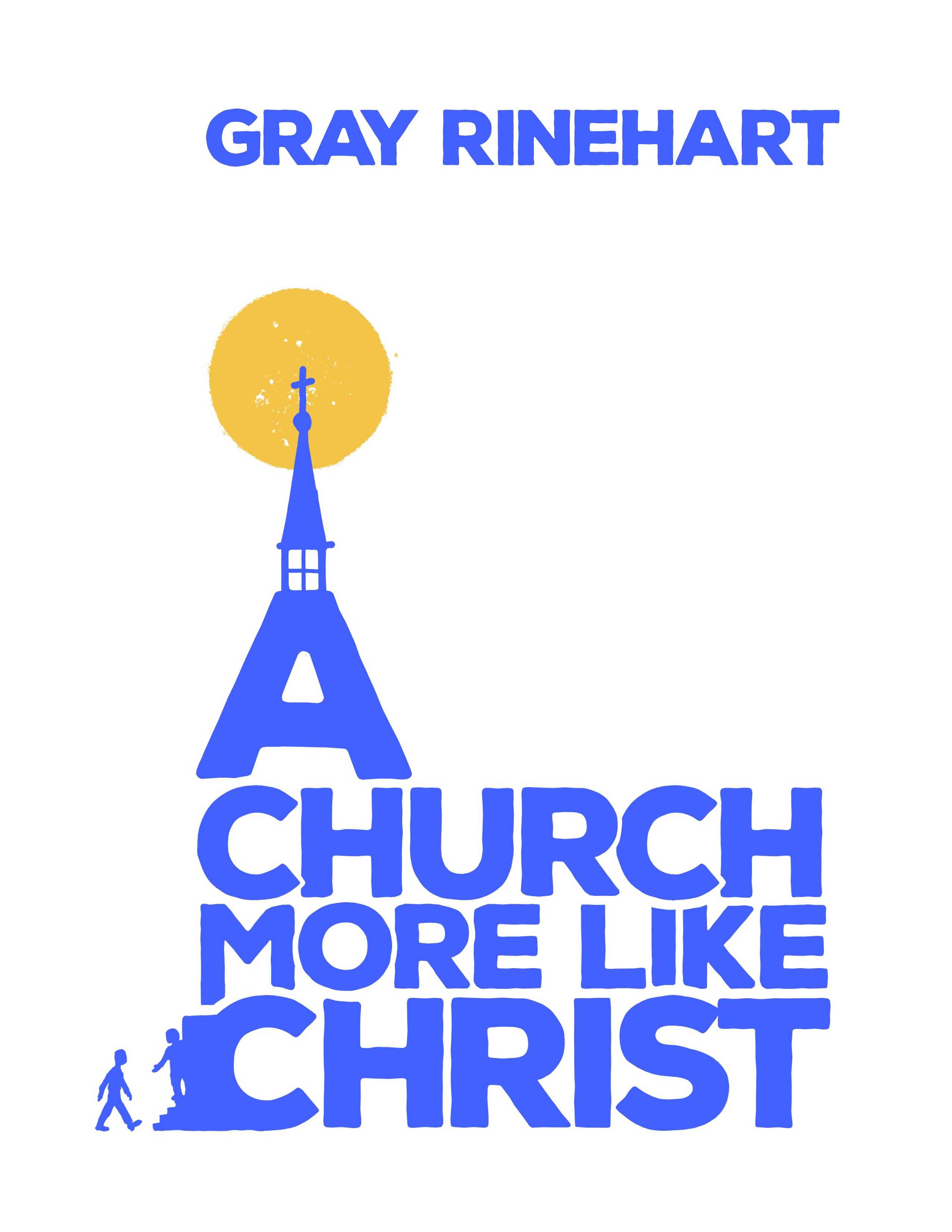A few weeks ago, a musician friend posted a thought-provoking question on Facebook. He said he is an atheist, but in all sincerity asked: “What does God believe?”
I answered that God believes that all of us are lovable. I think that, even when we feel unlovable, even when we are at our lowest points, God believes we are lovable and acts on that belief by loving us. I believe Scripture bears that out, as 1 John tells us God is love.
The question started my mental gears turning, in their teeth-broken-or-keys-missing-or-bearings-needing-greasing-lest-they-seize-at-any-moment manner, and I began to ponder not what God believes but what does God know?
The pat answer — that God knows everything, that the omniscient nature we ascribe to God is sufficient to account for all nuances of the question — felt unsatisfying to me.
I’ve studied Theory of Knowledge for some years (ha! some decades, now), and written about it in two books — applied to warfare in Elements of War, and to educational administration in Quality Education — and I began to think about God and knowledge from that perspective.
Theory of Knowledge is less about what we know than about how we know: how we observe the world around us and process sensory inputs, how we develop concepts to make sense of “the chaos of the given” (a term I much appreciate from C.I. Lewis’s Mind and the World Order), and how we apply those concepts to develop predictions of how the world will work. Knowledge in action consists of those predictions we make, and experience either bears them out or gives us more input to refine those predictions, those theories. The inputs, the data, are not knowledge, nor is information. Knowledge is a product and a tool: data become information, which becomes knowledge, which we then use to interact with the world.
It seemed too much for me to try to conceptualize God’s knowledge in terms of sensory input data being processed into information and thus into predictive knowledge. It occurred to me that part of God’s nature might just include being omnisentient,* or sensing everything. As the author of all creation, God it seems must have sensed, must have compassed, all the resultant effects of creation. All the raw data of creation, down to quantum phenomenon beyond the charge and spin of subatomic particles, must at least be available to God in every instant of what we think of as time (which itself may be some completely different dimension to God).
The more I tried to wrap my mind around it, the more I found it was rather too much for my feeble brain to begin to comprehend.
But there’s another aspect of knowledge I think applies. Under Theory of Knowledge, all knowledge in our experience is predictive — we apply the concepts and theories to decide how to act, based on how we think those actions and other factors are likely to turn out — and, as such, our knowledge is subject to error. There are some things we know with near certainty, but always we face the possibility that we may be wrong. Every prediction we make, from the most mundane to the most critical, has within it the possibility that it will be wrong.
Not so with God, I think. To us, knowledge is probable; to God, knowledge is certain. We think we know; in contrast, God knows.
I do not mean that in the quasi-Calvinistic sense that everything is predetermined. I reject that utterly, because I reject the notion that we are puppets deluded into thinking we have agency and because it has led to too many painful outcomes to have been the intent of our loving God. Instead, I mean it in terms that while our limited human brains can predict a wide variety of possible outcome for any action, God’s infinite mind can conceive of every possible outcome.

(Image: “Fork in the road, decision tree, September, Discovery Park, Seattle, Washington, USA,” by Wonderlane, on Flickr under Creative Commons.)
Think of our actions as taking place at metaphorical forks in the road, where we must decide which path to take. The farther we go, the more such choices we make, always hopeful of the destination we have in mind. But because our knowledge is imperfect, we cannot always be sure of our choices. Some of those paths may lead us to destruction, some to penury, some to success beyond our wildest imaginations, but we cannot know with certainty which path is best to take.
In contrast, God knows the outcomes of all the paths. Perhaps it is not that God knows which specific decision we will make in any given moment, which fork in the road we will take, as much as that God knows what will happen whichever path we pursue: at that fork, and the next, and the next, outward into infinity. And not only that: As we exercise our freedom to choose, even if our choices are unwise, God loves us no matter what.
I hope that is as great a source of comfort for you as it is for me: Not only that God knows, but that God loves us despite the possible (and the realized) failings that our limited-knowledge choices may produce.
___
*A word of my own coinage, at least as far as I know. I reckon we could consider God to be omnisapient as well.
___
If this post provoked any thought for you — or just provoked you — you might also be interested in my latest book, A Church More Like Christ.



 by
by 


















